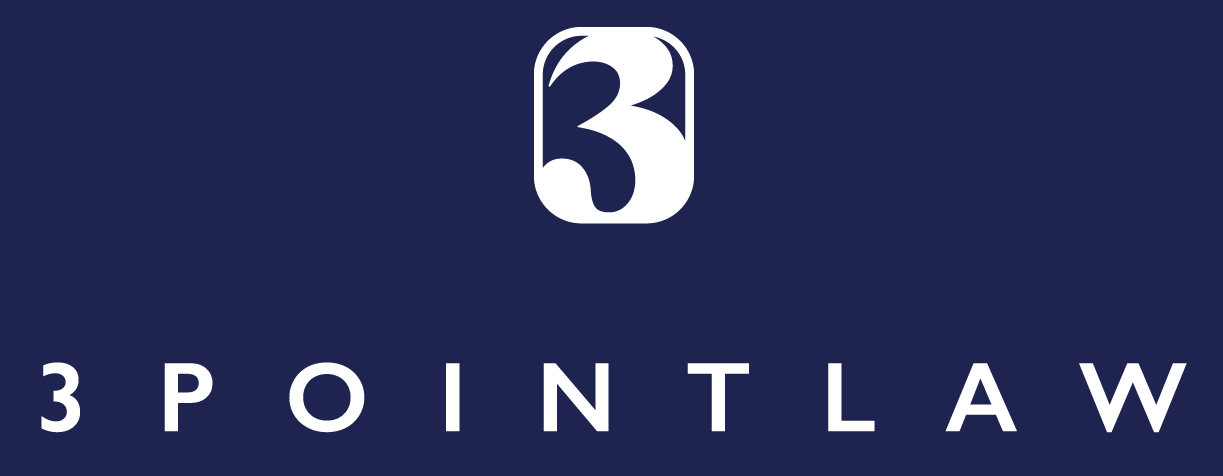The European Union’s Markets in Crypto-Assets Regulation (MiCAR) is set to bring significant changes to the crypto industry across Europe. As the regulation nears full implementation, crypto businesses, particularly those operating as Virtual Asset Service Providers (VASPs) under existing regulations, must prepare for a transition to the newly defined Crypto Asset Service Providers (CASPs) under MiCAR. This shift not only introduces stricter regulatory requirements but also offers fresh opportunities, including expanded operational reach across the EU.
Understanding MiCAR
MiCAR is designed to establish a unified regulatory framework for crypto assets across the EU. It aims to enhance consumer protection, prevent financial crimes, and ensure market integrity. The regulation covers various activities, including, among others, the issuance, trading, and custody of crypto assets, and is expected to come into full effect in December 2024. MiCAR’s comprehensive approach is set to replace the patchwork of national regulations currently in place across EU member states.
Transitioning from VASP to CASP
A major aspect of MiCAR is the reclassification of VASPs to CASPs. This transition involves more than just a change in terminology — it requires businesses to comply with stricter regulatory standards including specific license that is closer to EMI licensing requirements. CASPs under MiCAR will need to meet enhanced requirements in areas such as capital reserves, governance, and consumer protection.
For instance, MiCAR mandates specific minimum capital levels based on the services provided. Trading platforms will need to hold at least €150,000 in reserves, while custodians and exchanges will require €125,000 (see table below). These requirements are intended to ensure that CASPs are financially stable and capable of operating securely within the EU’s financial ecosystem.
Lithuania’s Role in the Transition
Lithuania has emerged as a significant player in the EU’s crypto space, with over 1,000 registered VASPs, including wallet and exchange operators (see Register of Legal Entities). These businesses currently operate under Lithuania’s existing regulations, which include stringent Anti-Money Laundering (AML) and Counter-Terrorist Financing (CTF) measures. This regulatory foundation has set a solid basis for the upcoming transition to MiCAR.
According to the latest guidelines, all CASPs operating in Lithuania will need to secure their licenses by June 1, 2025. This timeline provides a clear deadline for businesses currently operating as VASPs to ensure compliance with the new regulatory standards introduced by MiCAR.
Key Benefits for CASPs Under MiCAR
Despite the more stringent regulatory environment, MiCAR offers substantial benefits for CASPs. One of the most significant advantages is the ability to passport services across the entire EU with a single license. This means that once a CASP is licensed in one member state, it can offer its services in any other EU country without needing additional local licenses. This will greatly enhance the operational efficiency and market reach of CASPs.
Lithuania’s supportive FinTech ecosystem and crypto-friendly regulatory environment make it an attractive location for CASPs. By aligning its regulations with MiCAR, Lithuania ensures that businesses can transition smoothly to the new framework and fully capitalize on the opportunities it presents.
Conclusion
As MiCAR’s implementation approaches, crypto businesses across the EU must prepare for significant changes. For VASPs transitioning to the CASP framework, this means meeting stricter regulatory requirements while also benefiting from the ability to operate across the EU with a single license.
For more detailed guidance, feel free to contact us. We are here to help you navigate the complexities of MiCAR and ensure your organization’s success.




